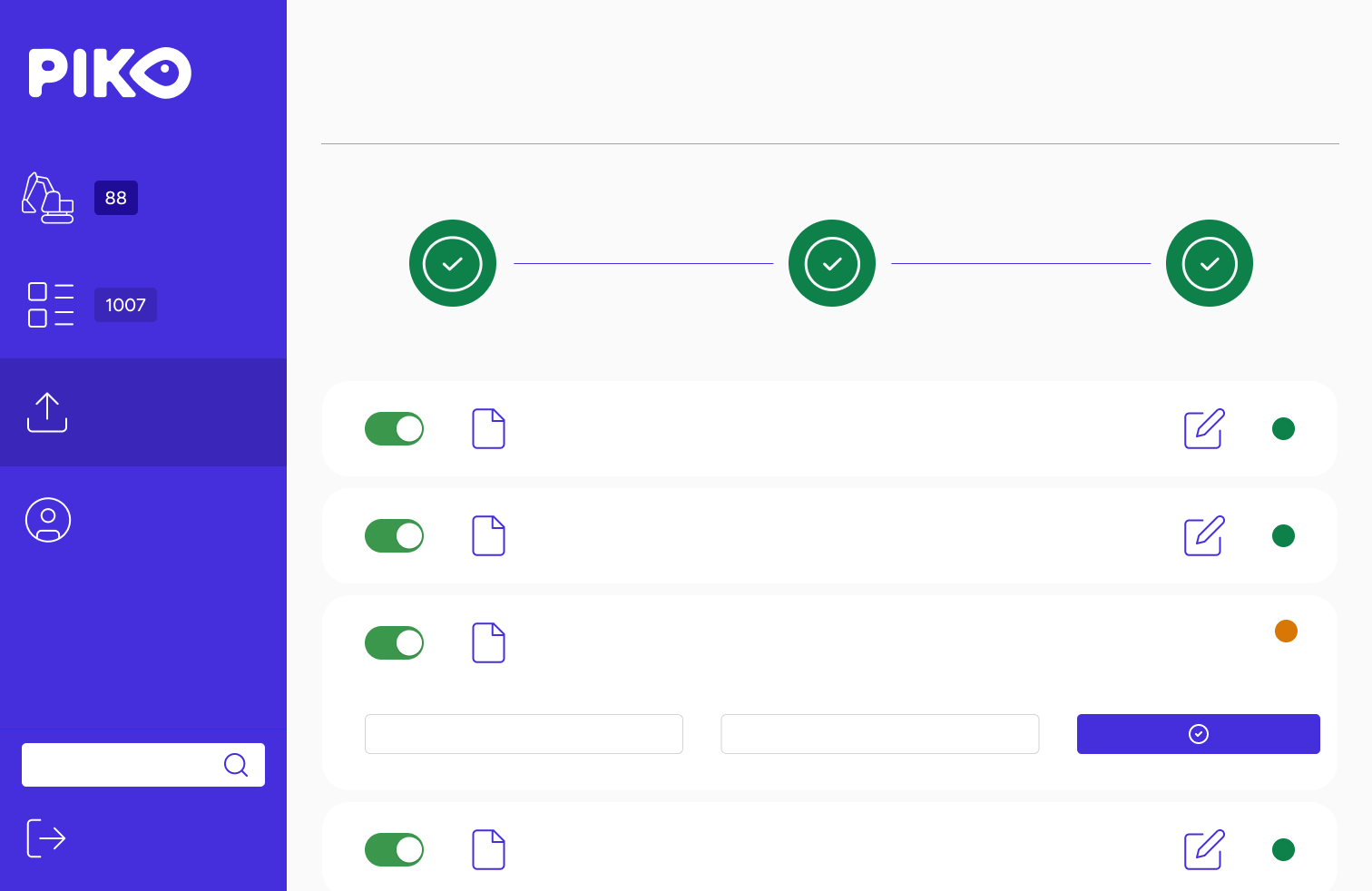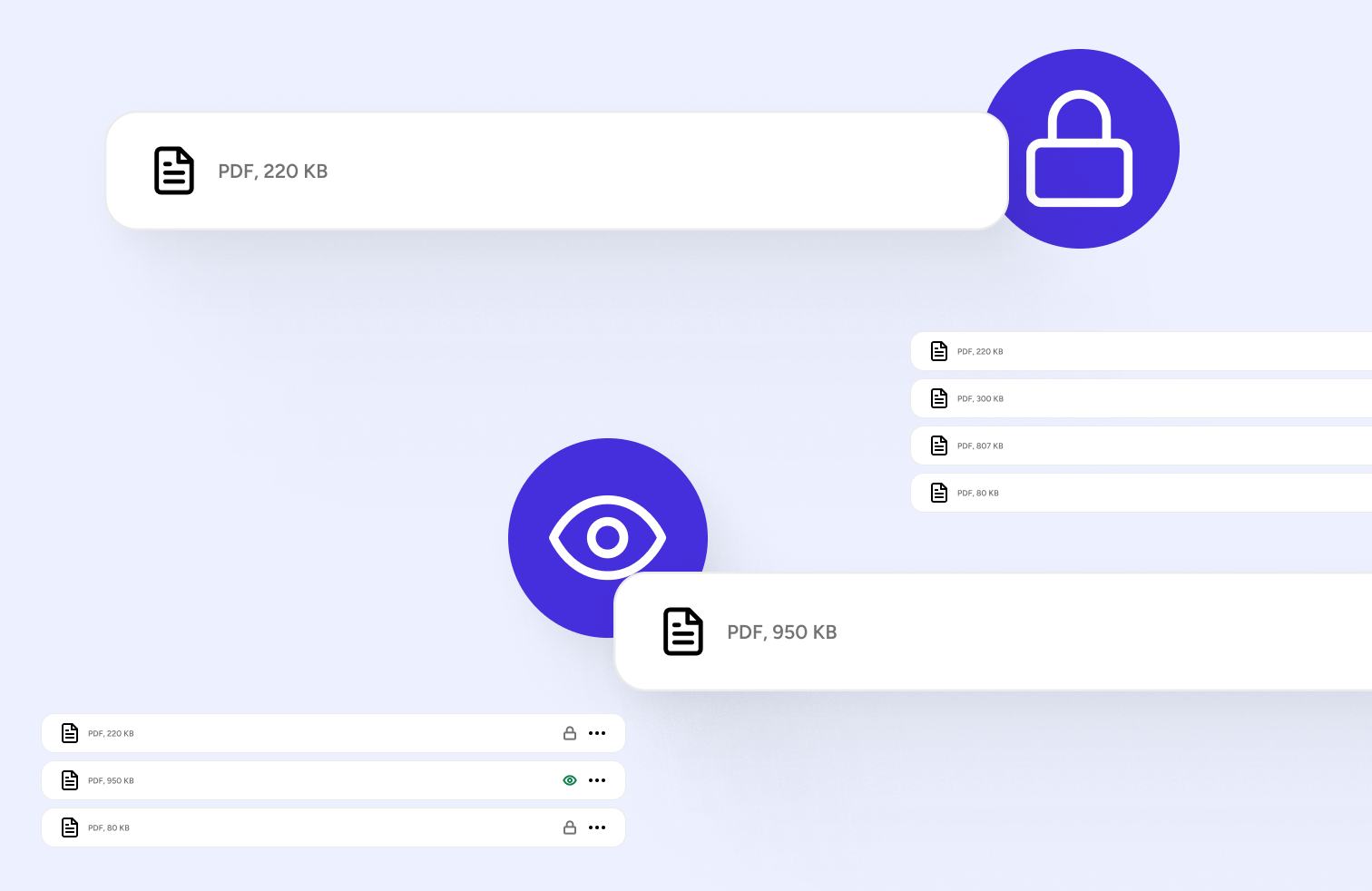Benefits of Document Management System (DMS) for the Construction Industry

Unlock the benefits of a document management system (DMS) for the construction industry. Streamline workflows, improve collaboration, and enhance efficiency with specialized software.
Table of Contents
- What is a Document Management System (DMS) in Construction?
- How Does Digital Document Management Improve Efficiency in Construction?
- What Role Does a DMS Play in Construction Project Management?
- What are the Benefits of Using a DMS in Construction?
- How to Choose the Right Document Management Software in the Construction Industry?
The construction industry is increasingly embracing technology to enhance efficiency and productivity. One of the most significant advancements is the adoption of a Document Management System (DMS). This system plays a critical role in organizing, storing, and managing construction documents, which are essential for the successful execution of construction projects. By streamlining document control processes, construction companies can enjoy numerous benefits, from improved communication to enhanced compliance, ultimately transforming how they operate.
What is a Document Management System (DMS) in Construction?
A Document Management System (DMS) in construction is a digital software solution designed to manage, store, and track electronic documents and images related to construction projects. This system facilitates the organization of construction documents such as blueprints, contracts, and project plans. With the increasing volume of documents generated in the construction industry, a DMS helps streamline workflows by ensuring that all stakeholders have access to the most current documents. Furthermore, this electronic document management system enhances collaboration among construction teams by providing a centralized platform for communication and data sharing, reducing the risk of miscommunication and errors.
How Does Digital Document Management Improve Efficiency in Construction?
Digital document management significantly improves efficiency in the construction industry by automating various processes involved in document control. With a DMS, construction teams can easily upload, retrieve, and share documents without the delays often associated with manual processes. This immediate access to current documents reduces the time spent searching for information and increases productivity across all phases of a construction project. Moreover, the ability to track document versions ensures that everyone is working with the most up-to-date information, further minimizing the risk of costly mistakes due to outdated plans or specifications.
In addition to enhancing information accessibility, digital document management systems also enable better collaboration among project stakeholders. By providing a shared platform for all involved in a construction project, team members can communicate more effectively and collaborate on document revisions in real-time. This fosters a culture of transparency and accountability, allowing construction companies to respond quickly to changes and challenges that may arise during the project lifecycle. Ultimately, by leveraging digital document management, construction firms can streamline their operations, optimize resource allocation, and enhance overall project efficiency.
What Role Does a DMS Play in Construction Project Management?
A Document Management System (DMS) plays a pivotal role in construction project management by serving as the backbone for organizing and controlling project-related documents. It allows project managers to maintain comprehensive oversight of all construction documents, ensuring that every stakeholder has access to critical information needed for decision-making. This centralized document control not only facilitates compliance with industry regulations but also supports effective communication between construction teams and clients, fostering stronger relationships and collaboration. Additionally, a DMS can automate workflows, such as document approvals and change orders, which further streamlines project management processes.
Moreover, the implementation of a DMS helps construction project managers track project milestones and monitor progress by linking documents to specific tasks or phases. This capability allows for better project planning and resource allocation, ultimately contributing to successful project delivery within budget and on schedule. By integrating a construction document management system into their project management practices, construction companies can enhance their operational efficiency, mitigate risks associated with document mismanagement, and ultimately achieve higher client satisfaction rates.
What are the Benefits of Using a DMS in Construction?
Using a Document Management System (DMS) in the construction industry offers several substantial benefits. First and foremost, a DMS enhances document control by providing a secure and organized environment for storing and managing construction documents. This reduces the likelihood of document loss or damage, which can have serious repercussions for construction companies. Additionally, having a centralized system allows for easier tracking of document revisions and approvals, ensuring that all stakeholders are working with the latest information available.
Another significant benefit of employing an electronic document management system is the time savings it provides. Construction teams can quickly access documents, which translates to improved workflow and productivity. Furthermore, the ability to collaborate in real-time allows for faster decision-making and problem-solving. This level of efficiency not only reduces project delays but also enhances overall project performance. Ultimately, the adoption of a DMS leads to increased accountability, improved compliance with regulations, and better risk management, making it an essential tool for construction companies striving for excellence in project delivery.
How to Choose the Right Document Management Software in the Construction Industry?
Choosing the right Document Management Software (DMS) for the construction industry involves evaluating several critical factors. First, it is essential to assess the specific needs of your construction business, including the types of documents you manage and the size of your construction teams. A good DMS should cater to these specific requirements while also offering scalability for future growth. Additionally, consider the software’s user-friendliness and the level of training and support provided by the vendor, as these factors can significantly impact adoption rates among construction teams.
Get started today! Book a free demo to see how PIKO can help you manage your fleet structure and assets. With features like bulk document uploads, QR codes for on-site access, and flexible access levels, you’ll have full control over your machinery’s documentation. Plus, our experts can assist with easy integration into your company’s systems.





